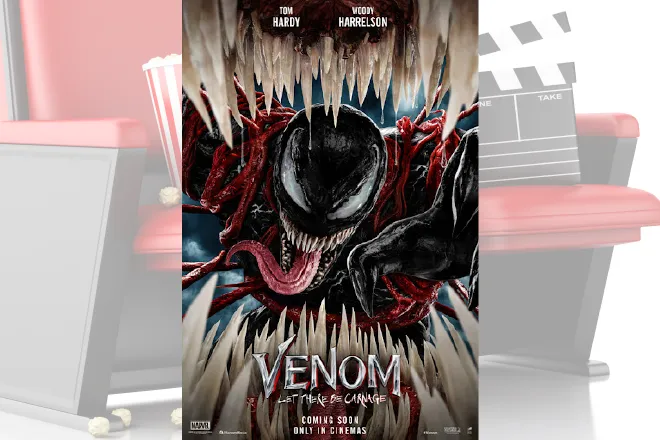
Treasury Secretary warns of 'rapid' inflation this year
(The Center Square) – As more federal data show a major spike in inflation, another top federal official said the U.S. is in for more aggressive inflation for the rest of 2021.
Federal officials have been pressed to speak on rising inflation after data released earlier this week showed that the all items index increased 5.4% over the last 12 months, the biggest spike since the 2008 financial crisis.
Treasury Secretary Janet Yellen commented on the rise in inflation, saying it would grow worse this year.
“Well, I think we, we will have several more months of rapid inflation, so I’m not saying that this is a one-month phenomenon,” Yellen told CNBC’s “Closing Bell.”
Yellen went on to say it should level out eventually.
“But I think over the medium term, we’ll see inflation decline back toward normal levels,” Yellen added. “But, of course, we have to keep a careful eye on it. You know, measures of inflation expectations I think still look quite well contained over the medium term. Those expectations are actually a driver of price setting behavior. And so it is important that we monitor it carefully. But I believe fundamentally, you know, that this is something that will settle down.”
That promise of “rapid” inflation growth for months raised eyebrows.
The comments come after Federal Reserve Chairman Jerome Powell sparked controversy with his testimony at a Congressional committee hearing earlier this week. He predicted a similar path as Yellen, saying inflation “will likely remain elevated in coming months” but should taper off by next year.
“Inflation has increased notably and will likely remain elevated in coming months before moderating,” Powell said in his prepared testimony. “Inflation is being temporarily boosted by base effects, as the sharp pandemic-related price declines from last spring drop out of the 12-month calculation. In addition, strong demand in sectors where production bottlenecks or other supply constraints have limited production has led to especially rapid price increases for some goods and services, which should partially reverse as the effects of the bottlenecks unwind. Prices for services that were hard hit by the pandemic have also jumped in recent months as demand for these services has surged with the reopening of the economy.”
Despite Powell’s explanation, other critics point to skyrocketing federal spending and the debt monetization, or the printing of money, that fuels it. Before the Congressional committee, Powell answered questions from lawmakers concerned about inflation.
“They’re throwing around trillions of dollars like it is simply monopoly money, when really what it’s doing is taxing Americans’ hard-earned paychecks,” said Sen. Bill Hagerty, R-Tenn. “It’s very irresponsible. It’s creating inflation outcomes that many of us haven’t seen in our adult lifetime, certainly not since Jimmy Carter was president. President [Joe] Biden and the Democrats are imposing policies that work against maximum employment. They’re giving away employment incentives, they’re raising taxes on job creators, throwing away our energy independence, and freezing American investment.”
He went on to emphasize the impact of inflation, which raises the price of goods for average Americans, hitting the poor and middle class hardest.
“The policies that are being imposed are causing families in my home state of Tennessee, and all across America, to make financial decisions with soaring inflation in mind. Price stability is not a 12% annualized inflation jump, like the one we just saw from May to June,” he added. “People in Tennessee are seeing their buying power eroded like never before.”
Powell's testimony could have assuaged their fears this week, but many were not convinced. The inflation has also caused headaches for the Biden administration as Republicans call for reining in federal spending, and the printing of money that props it up.
“The ‘root cause’ of Joe Biden's inflation crisis? The White House's reckless spending sprees,” said Rep. Vicky Hartzler, R-Mo.
















